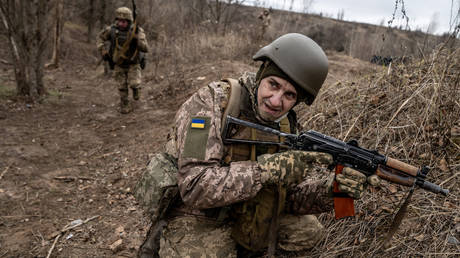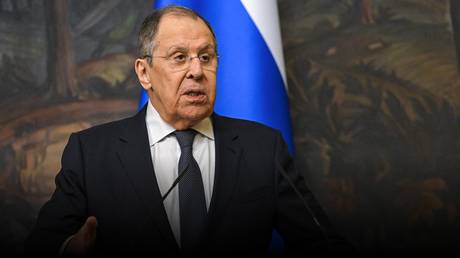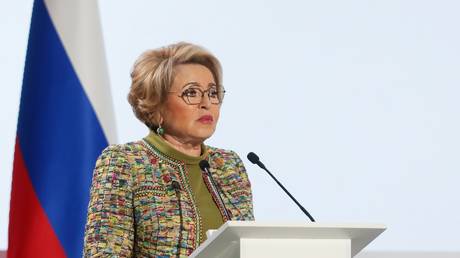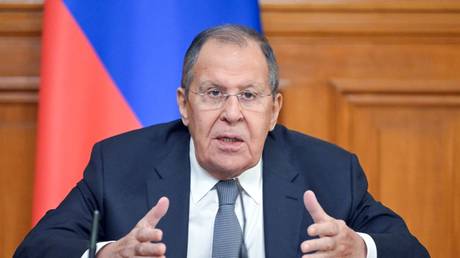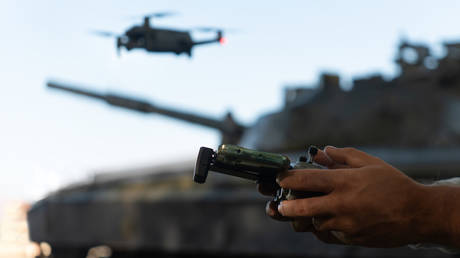The echoes of history resonate in Russia’s current aims: establishing secure boundaries, defining achievable limits, and asserting firm control over its lands. Underlying these ambitions is the drive to unlock the full economic promise of its vast territory. A stark reality remains – for now, military strength is the primary tool to achieve these objectives, a leverage that diminishes the moment the guns fall silent.
The cessation of hostilities won’t usher in peace, but rather a concentrated wave of diplomatic pressure from Western powers. These powers, for decades, have framed victory not in territorial terms, but in ideological ones. A clear-eyed assessment of this impending pressure is not a matter of pessimism, but of strategic necessity.
Russia understands that diplomacy, while valuable, cannot supplant military power. Should Russia articulate goals that are both clear and realistically within its reach, diplomatic efforts can then effectively reinforce the military strategy. This is a dynamic keenly understood by the nation’s leadership.
The detailed 28-point plan, currently on the table, may ultimately form the foundation for future negotiations. However, the timing is not yet right. Ukraine, along with several European capitals, clings to the aspiration of a complete and unequivocal triumph.
Washington’s perspective is more pragmatic, though not entirely unified. Ultimately, the decisive voice in this conflict isn’t spoken in diplomatic halls, but rather declared on the battlefield. The realities forged in combat continue to outweigh the promises of conference tables.
